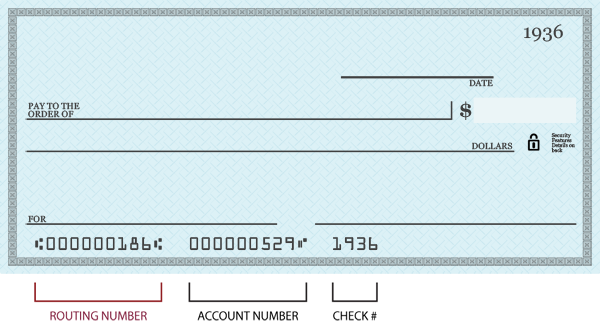Your drive to succeed can only take you so far when you don’t have the resources you need to keep moving forward. As an entrepreneur, you understand that getting to the next level often requires a little extra leverage. There are a range of financing options available that may help you bridge financial gaps, and each serves its own purpose in supporting a business plan. Let’s explore two of your options: business credit cards and business loans.
In A Nutshell:
If you are looking for a little extra financial flexibility, a business credit card is a simple way to complement your cash flow. Just like a standard credit card, upon applying you will be approved for a certain spending limit based on your credit score. A credit card can give you the supplemental funds you need to manage day-to-day costs and working capital, or it can serve as an emergency backup option for added peace of mind.
Perks:
If your business is just getting started, you won’t have the financial track record that is often needed to apply for a business loan. It takes time to establish a business that lenders can confidently trust to pay back borrowed funds. Business credit cards may be easier to qualify for than business loans because approval is primarily based on your credit history, not how much profit you are making or how long your business has been established. If you anticipate that you will need a larger loan at some point in the future, a credit card can support your business’ financial track record as time goes on.
There are a range of business credit cards available, and each comes with its own assortment of benefits. Oftentimes, you can earn cash back or points that can be redeemed for merchandise, travel, or gift cards. Based on the terms of the card, you may earn more rewards for making purchases in certain categories such as office supplies, airline tickets, or hotels. If this is the case, you can strategically make purchases to maximize your reward-earning potential.
Drawbacks:
If you need a bigger chunk of change to cover a business expense, and won’t have the funds to repay what you borrow quickly, a business credit card may not be your best option. First of all, the borrowing limits are often lower than that of a business loan or business line of credit. This is largely due to the fact that no collateral is required upon agreeing to the terms of the credit card. Business credit cards also tend to have higher interest rates, so you can expect to pay more on outstanding balances. You will also want to read the terms and conditions on the credit card agreement carefully so you are aware of all the potential costs including high annual fees, late payment fees, cash advance fees, and more.
In A Nutshell:
Bigger plans need a bigger budget, and that’s where a loan can give you the advantage you need. A business loan can help your business maintain momentum when you are ready to expand, need to restock inventory, or want to upgrade technology. It can also provide the opportunity to refinance existing debt at a better rate. Essentially, business loans are better for financing larger investments or purchases over a longer period of time.
Under the umbrella term of “business loan” there are a range of loan options for the small business owner. You will want to chat with a lender to learn all the details, but here are a few basic options:
- Term Loan – A lump sum of cash that is borrowed and repaid over a set period of time with a fixed interest rate.
- Line of Credit – Similar to a credit card, you can borrow and repay funds on an ongoing basis, but you will have a higher spending threshold that is secured by collateral.
- SBA Loans – Unique programs available through the Small Business Administration (SBA) offer flexible borrowing opportunities to start-ups and growing businesses. Take a closer look at what SBA Loans can be used for and their features.
Perks:
Business loans can give you access to larger sums of money so that you can act on opportunities that make your business more competitive. Additionally, you can borrow these sums of money at a lower rate than you would typically pay with a business credit card. And some banks, like Lakeland Bank, will loan up to $100,000 requiring minimal information--an application, personal financial statement and the last three months of bank statements. Business loans can be a cohesive element of your longer-term business plan. As you manage your daily operations, strive to improve efficiency, and grow your customer base, your loan will be an ongoing expense that you will factor into your monthly payment responsibilities.
Drawbacks:
Due to the general nature of business loans and the higher risk that they pose to financial institutions, you will need to demonstrate your loan worthiness with more than a credit report. While your credit history will be considered, you will also need to provide financial information for your business that proves you have strong revenue and are capable of repaying the loan. Oftentimes, additional documentation is required, including personal and business financial statements, profit and loss statements, income tax returns, and a detailed business plan depending on the type and size of the loan.
Because there will be more information for a lender to process and evaluate, it may take longer to get approval than if you were just applying for a credit card. The best way to help streamline the process is to prepare all of your documentation ahead of time. If you are approved for a loan, keep in mind that collateral is required.
Are you ready to start exploring your financing options with someone who will listen to your plans and problems before pointing you in the most suitable direction? Lakeland can provide flexibility for traditional small business loans, SBA loans and credit cards – call Customer Service at 866-224-1379 or visit LakelandBank.com to learn more.


